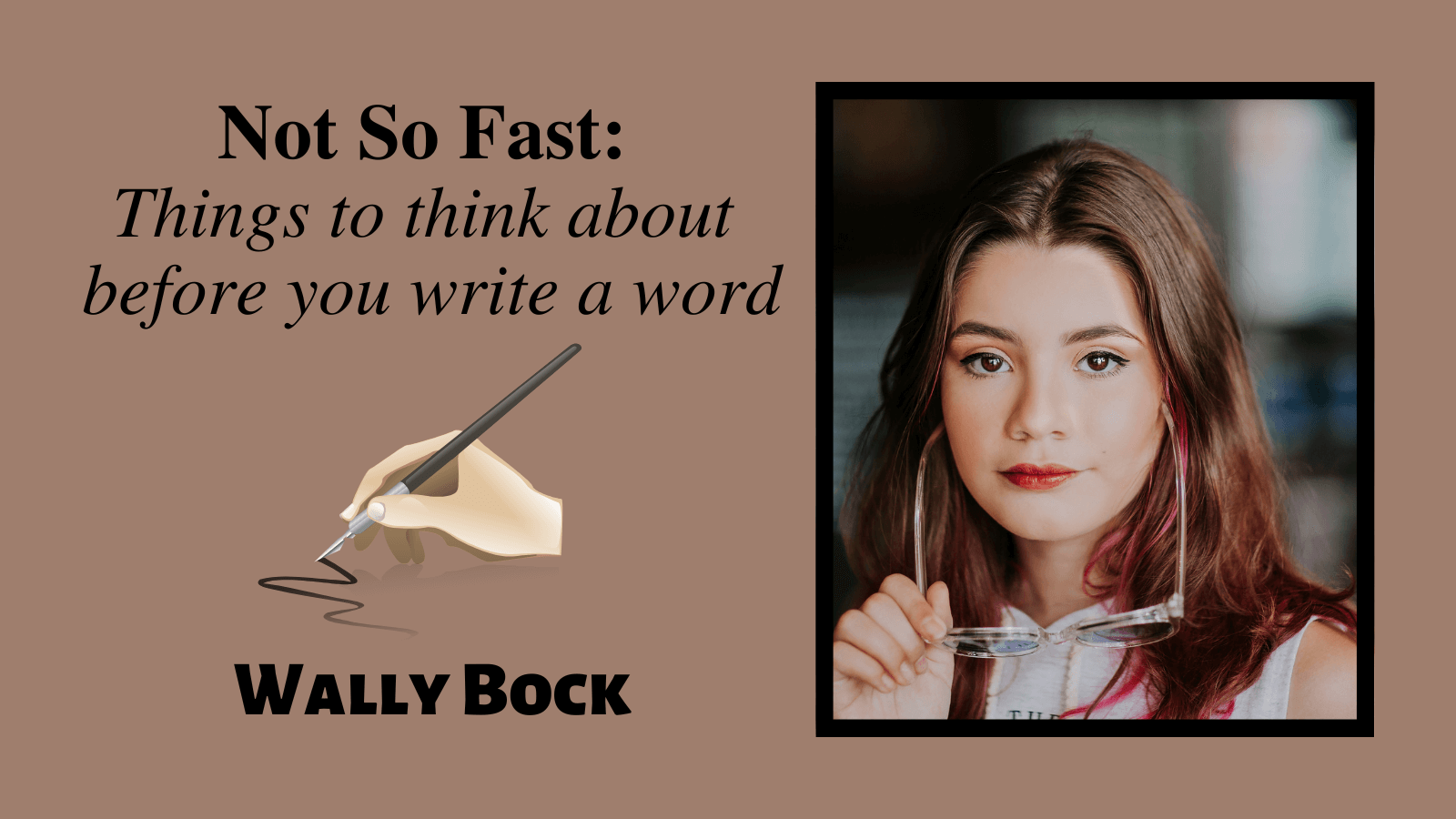Writing a book is hard work. If you want to write a book you’re proud of, you’ll probably spend at least a year writing it. That’s a year of hard work and sacrifice. Before you commit to a project like that, you should take the time to figure out whether your project will deliver what you want.
Here are some questions to ask and answer that will help you decide to write your book. Don’t rush through the questions. Take time to let your answers marinate. Visit each question several times.
Why do you want to write this book?
There’s no point in writing your book if it doesn’t succeed. But success comes in lots of flavors. What does success mean for you? Why do you want to write a book at all?
You may want to generate a significant revenue stream from book sales. That’s a good goal, but you’re not likely to succeed. Very few books sell enough to provide significant ongoing revenue.
Perhaps you want to increase your reputation. That will let you increase your fees, engage better clients, or land a better job. Some authors want to write a book to share an important message or story. Is that you? A surprising number of the people who contact me want to write a book because it’s on their bucket list.
Before you begin to write, know your why. It will help you shape your book and help you keep going when times get tough.
Who will buy your book and why?
You will write a better book and a book that’s more likely to sell well when you know who your primary reader is. There are a couple of ways to think about this.
Draft a persona or avatar that describes your primary reader. This should not be a demographic description. It should be a narrative that describes a person with a problem who buys your book to help them solve it. Describe the person. Describe the problem. Describe how they will decide to buy the book.
Some of my clients have found it easier to identify an actual person they know who the ideal reader for their book is. Whether you choose a real-life individual as your ideal reader or draft a description of an imaginary ideal reader, you should write your book like you’re talking to that one reader.
Once you know who your ideal reader is, dig into the details of why they will want to buy your book. Will it make them rich or famous? After they read your book, will they be more powerful, loved, or safe?
What else is out there on your topic?
You may think you have an original idea, but there’s probably a lot that’s already been written about your topic. Every other book on the topic is competing with you for your reader’s attention and dollars.
And books aren’t the whole story. Webinars, classroom instruction, speeches, coaching, and podcasts compete with your book if they help your reader get the same benefit.
What is your distinctive difference?
If you want to achieve any kind of success, your book should stand out from the crowd in some important way. This is not always easy to figure out.
How will you make money from your book?
Most authors who make money from their books don’t make it from book sales. The money comes from other sources.
If you deliver services, you can charge higher fees. You can develop products built around the book and its message.
At this point you may be either encouraged or discouraged. Use your answers to these questions to decide whether to write your book or not. Shape your book based on your answers.
If you take the time to answer these questions thoughtfully, you should have a better idea of what success will be. You should have a better idea of the challenges you’ll face. You should have a better idea of how to achieve success.
Takeaways
Why do you want to write this book?
Who will buy your book and why?
How will the reader’s life be better after reading your book?
What else is out there on your topic?
Your book competes with every other way of solving the reader’s problem.
What is your distinctive difference?
How will you make money from your book?
